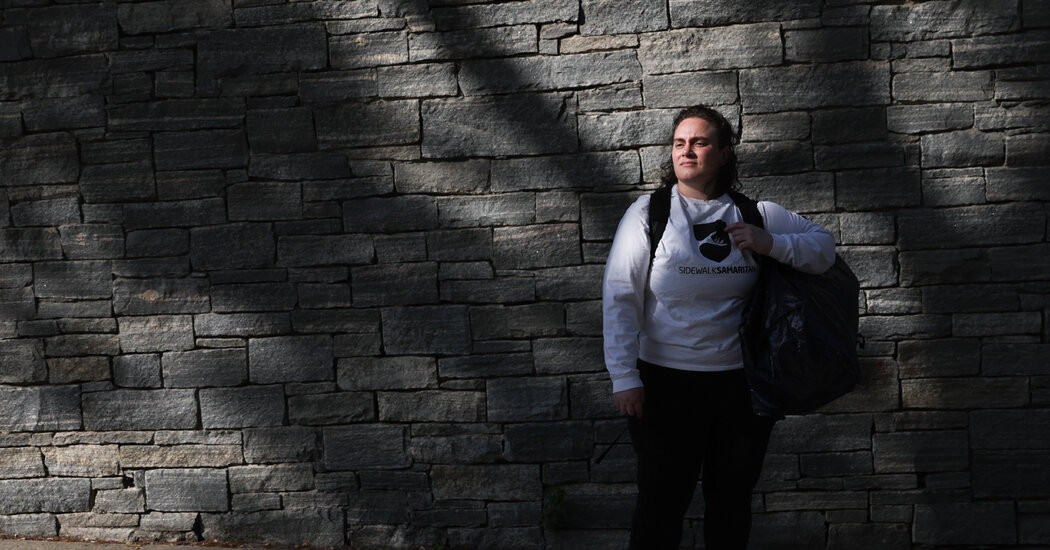

Since President Trump announced plans for mass deportations and rescinded protections for hospitals and clinics, health care facilities have seen a jump in no-shows.
A man lay on a New York City sidewalk with a gun shot wound, clutching his side.
Emily Borghard, a social worker who hands out supplies to the homeless through her nonprofit, found him and pulled out her phone, preparing to dial 911. But the man begged her not to make the call, she said.
“No, no, no,” he said, telling her in Spanish that he would be deported.
Ms. Borghard tried to explain that federal law required hospitals to treat him, regardless of his immigration status, but he was terrified.
“He said, ‘If I go to the emergency department, that will put me on their radar,’” she recalled in an interview recounting the incident.
Across the country, doctors, nurses and social workers are increasingly concerned that people with serious medical conditions, including injuries, chronic illnesses and high-risk pregnancies, are forgoing medical care out of fear of being apprehended by immigration officials. Since the Trump administration announced plans for mass deportations and rescinded a Biden-era policy that protected spaces like hospitals, medical clinics and churches from immigration enforcement, doctors said they have seen sharp increases in patient anxiety and appointment no-show rates.
If the trend continues, health care officials say, the list of consequences could be long: Infectious diseases circulating unnecessarily; worsening health care costs because of untreated chronic illnesses; and dangerous birth complications for women who wait too long to seek help, among others.
In a survey conducted by KFF, a health policy research organization, 31 percent of immigrants said that worries about immigration status — their own or that of a family member — was negatively affecting their health. About 20 percent of all immigrants surveyed said they were struggling with their eating and sleeping; 31 percent reported worsened stress and anxiety.


![[GOOD PRESS] ON](https://georgemagazine.com/wp-content/uploads/2024/08/16389056566437433941_2048-300x300.jpeg)
